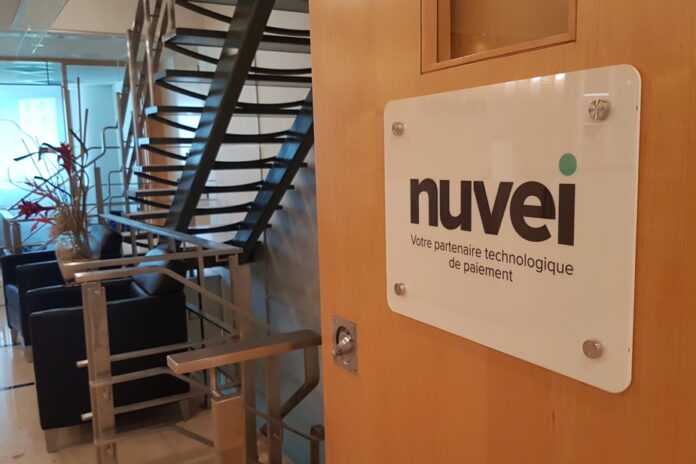The New York short seller who attacked Nuvei twice with negative research reports liquidated its short position in the title of the Montreal payment solutions provider.
“We no longer have a short position in Nuvei at this time, as the stock has reached our target,” Ben Axler, founder and chief investment officer at Spruce Point Capital, told La Presse.
However, he does not want to specify when or at what price the decision to close the position was taken.
After issuing an initial negative report on Nuvei two years ago, Spruce Point Capital did it again last spring. In April, Ben Axler pointed out in particular that at its price of $56 on the Toronto Stock Exchange, the action was overvalued when he looked at all the financial indicators of Nuvei. He claimed to see a stock market decline of 35% to 50%.
In particular, Spruce Point Capital believed that the stock’s rise at the start of the year was based on false hopes that the worst is over, that financial objectives are more achievable, that the recent acquisition of Paya will be a success and that the stock market valuation is attractive.
The stock has fallen about 35% since its report was released on April 18 and closed Tuesday’s session at $37 in Toronto. At its highest level in 2021, the stock had risen as high as $180.
After a surge at the start of the year, the stock fell precipitously after the presentation of the beginning of fiscal year financial performance on May 10.
Ben Axler says the quarterly results released last month validated concerns he had about revenue and profit margins.
The forecasts offered in May by the leaders for the coming months seem to have disappointed investors.
“The outlook for Nuvei and for many companies in general is rather uncertain due to inflationary pressures and rising interest rates,” said Ben Axler.
He said moves by central banks to try to curb economic activity represent a headwind for Nuvei given the nature of the company’s business.
Two major institutional investors, however, took advantage of the recent downturn to accumulate shares. Mutual fund manager Fidelity and private investment firm Boston Wellington Management told stock exchanges this month that they entered June with stakes above 10% in Nuvei.
“I imagine they have a favorable opinion of Nuvei,” comments Ben Axler simply.
As for analysts who follow the stock, they are in unison recommending to buy the stock, according to data collected by the firm Refinitiv. “They’ve always been too optimistic,” Ben Axler replies. “Analysts were seeing the stock at $150+ when I released my first report in 2021. And in April some still had targets at $90. These expectations are too high,” says the American speculator.
Nuvei also paid out $77 million at the end of March to repurchase shares for cancellation. The transaction was completed at a unit price of $56.80. These share buybacks turn out to be nothing more than a waste of money in Ben Axler’s eyes when he sees how low the stock has since slipped.
The announcement three weeks ago of the hiring of Laura Miller as “chief revenue officer” also raises eyebrows for Ben Axler. According to him, a new appointment to this position often signals challenges in terms of revenue growth.
Short selling is a maneuver in which an investor borrows a stock hoping that its value will fall in the hope of buying it back later at a lower price.















